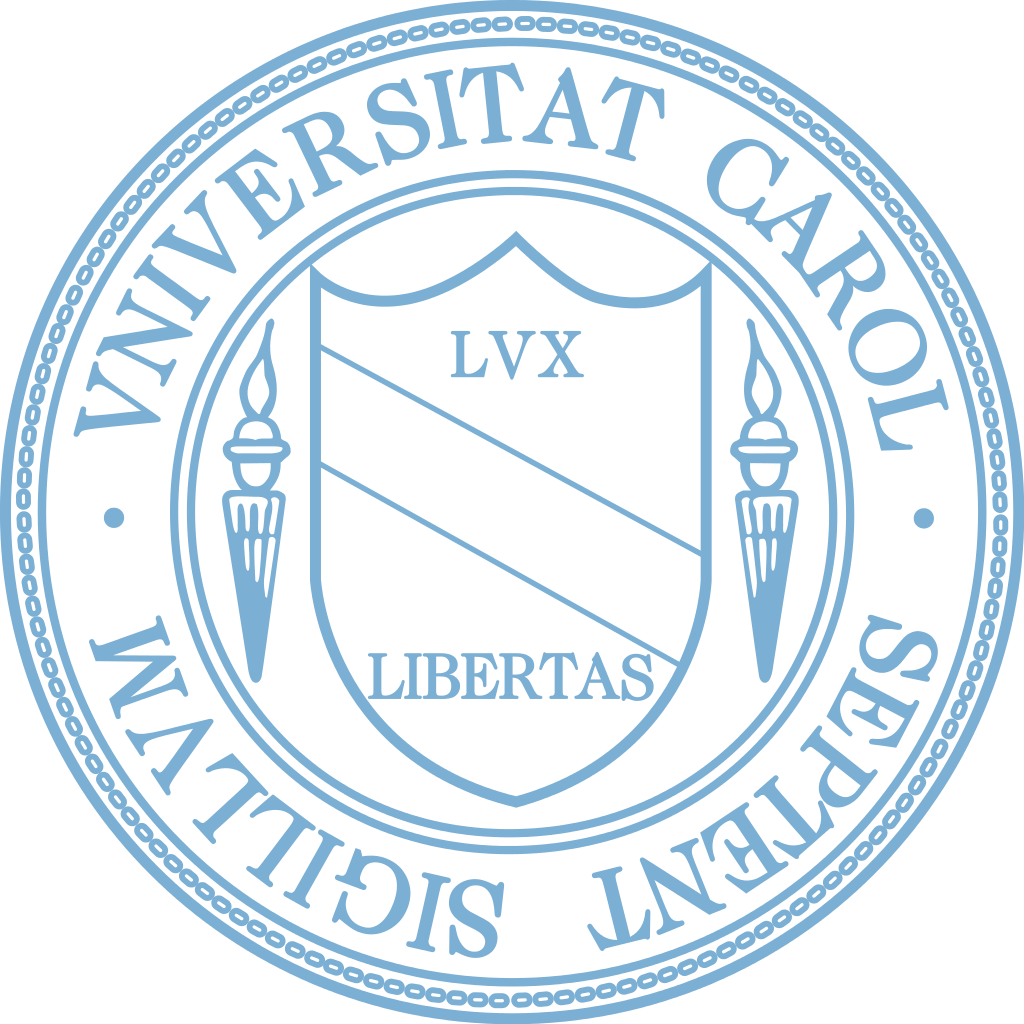Syllabus
About the Course
COURSE INFO
Instructor: John D. Martin III
Email: john.d.martin.iii@unc.edu
Office hours: Tuesday, 14:00-15:00 and Thursday, 11:00-12:00, or by appointment.
Time: 12:30-13:45
Days: TuTr
Location: 014 Manning Hall
Dates: 12 January 2017 - 27 April 2017
Exam date: 5 May 2017
GitHub: https://github.com/inls718
Slack: https://inls718.slack.com
Blog: https://inls718userinterfacedesign.blogspot.com/
Sakai: https://sakai.unc.edu/portal/site/inls718sp2017
Schedule feed: https://ils.unc.edu/feed
Site updated 2017-05-23 01:35:31 -0400.
The purpose of this course is to allow students to engage with the interfaces between human beings and information systems in a critical way. The course content covers a range of topics, organized around a few main principles design thinking, user experience, and design critique.
We will also engage with critical discussion of principles of accessibility, collective action and social design, and social justice expressed through design. It is important in this day and age to consider that while no design can be universal because of the properties and biases embedded by designers, we should be aiming to create interfaces, interactions, and experiences that do not specifically marginialize people. In the spirit of this, a good portion of our design critique and readings on affordances will be oriented toward addressing structural inequalities embedded in the built world.
Design Thinking
Design thinking is a holistic way of looking at the design process as a set of creative strategies to solve problems. It emphasizes consideration of social and other contexts that have an impact on stepping away from a "one-size-fits-all" approach. We will attempt to instill in ourselves a design mentality so that when we take on a problem, we can work through and around it rather than simply running into it.
User Experience
User experience is a broader way of looking at user interfaces. Rather than considering only what is on the screen or just the parts of an interface that a user directly interacts with, this mode of thinking about how users and systems interact takes into account how and why people do things. It also helps us to think about how people feel, consider their motivations, and attempt to understand their frustrations when we engage in design.
Design Critique
In order to become designers, we have to look into the built world and consider everything that we see to be the output of a design process. We will learn to ask questions of the everyday objects, interfaces, and experiences we interact with to better understand why a designer made one choice over another. We will also use our critical acumen to better understand how user experiences might be improved.
About > Readings > Structure > Evaluation > Grading > Policies
Structure
The structure of the course will alternate between a discussion format and a lab format.
Discussions
Readings
There will be something to read every week. This will provide the basis for our discussions.
Design critique
We will engage in continuous design critique of the world around us. This will take the form of students posting to a shared class blog with pictures, video, or audio recordings of interactions and interfaces along with critical assessment and suggestions for redesigns. We will discuss most of these in class as well.
Lab
Hands-on learning
Doing is often more instructive than talking about something. In that spirit, much of the time that we spend together will be spent working together and learning from one another. Sometimes we will work in our teams, sometimes teams will collaborate together.
Project
We will be working as an entire class on a single project. This experience is meant to mirror that of working on a design and development team where people from disparate backgrounds bring a variety of skillsets together to contribute to a single product. See the Project page for details about what we will be doing.
Session Notes
Pay attention to the schedule. Session notes will be posted just prior to each class and you would do well to look over them before coming to class.
These are, however, not a substitute for lectures, discussions, or any other in-class activity. They are meant to provide an overview and summary of the readings and concepts discussed in class. You may use them however you like.
Readings for the upcoming session will be included on the schedule page and in the session notes.
Communication and workflow
GitHub
We will be using GitHub  to manage the collaborative workflow for this course.
If you do not have a GitHub account, please sign up for one.
to manage the collaborative workflow for this course.
If you do not have a GitHub account, please sign up for one.
Slack
We will also use Slack  to manage communications between members of teams, internally within teams, and with the entire class. Please sign up for the class Slack at: https://inls718.slack.com/signup.
to manage communications between members of teams, internally within teams, and with the entire class. Please sign up for the class Slack at: https://inls718.slack.com/signup.
About > Readings > Structure > Evaluation > Grading > Policies
Evaluation
Grade contract

The breakdown of grades in the contract is also available here.
Evaluation for this course will be based on your agreement to a specific set of tasks at the beginning of the semester and successful completion thereof. This will happen in the form of a contract between you and me which you will sign on the first day of class.
A detailed breakdown of how your grade will be rendered based on participation and contribution is included in the contract and on the course website.
Participation
In addition to the major project work and other assignments, participation will be evaluated and included in the evaluation scheme. Participation, of course, means coming to class: that is mandatory (see below). It also means contributing to discussions both in class and online.
Attendance
Attendance is mandatory. We have around 28 sessions this semester. You will be graded for attendance out of 25 of those sessions.
About > Readings > Structure > Evaluation > Grading > Policies
Grading
Table 2: Course grades
Explanation of UNC grading systems: http://registrar.unc.edu/academic-services/grades/explanation-of-grading-system/.
We will use the standard UNC grading scales for this course.
| Percentage | Grade UG | Grade G | What it means |
|---|---|---|---|
| 95> | A | H | Highest level mastery of course content |
| 92-94 | A- | H | |
| 87-91 | B+ | P | |
| 83-86 | B | P | Totally acceptable performance |
| 80-82 | B- | P | |
| 77-79 | C+ | P | |
| 73-76 | C | P | |
| 70-72 | C- | L | Marginal performance in course requirements |
| 67-69 | D+ | L | |
| 60-66 | D | L | |
| <60 | F | F | For whatever reasons, an unacceptable performance |
About > Readings > Structure > Evaluation > Grading > Policies
Course Policies
Instructors and students at the University of North Carolina at Chapel Hill adhere to the Code of Student Conduct. Accordingly, you all should recognize that most software applications available in the computer lab are copyrighted and cannot be copied. We will primarily use open source software for this course, which does allow for copying. It is important to know the difference and heed the terms of software licences.
We can learn much from each other and we will do that. I expect each of you to help each other. We'll discuss what we expect in terms of cooperative, collaborative, shared work and the honor code.
Honor Code

It shall be the responsibility of every student at The University of North Carolina at Chapel Hill to obey and support the enforcement of the Honor Code, which prohibits lying, cheating, or stealing when these actions involve academic processes or University, student or academic personnel acting in an official capacity.
Campus Code
It shall be the further responsibility of every student to abide by the philosophy of the code; namely, to conduct oneself so as not to impair significantly the welfare or the educational opportunities of others in the University community.
Instructor Responsibilities
I have a role to play as well, and I will fulfill these responsibilities.
Shared Responsibilities
The system rests on several central tenets:
The university community, including faculty and students, share a commitment to the pursuit of truth, and the dissemination of knowledge to succeeding generations of citizens devoted to the high ideals of personal honor and respect for the rights of others.
These goals can only be achieved in a setting in which intellectual honesty and personal integrity are highly valued; other individuals are trusted, respected, and fairly treated; and the responsibility for articulating and maintaining high standards is widely shared.
Both students and faculty must play active roles in fostering a culture in which honor is prized and acting to remedy violations of community norms relating to academic misconduct, injuries to members of the University community, and conduct that adversely affect University operations and resources.
The principles of academic honesty, integrity, and responsible citizenship govern the performance of all academic work and student conduct at the University as they have during the long life of this institution.
Your acceptance of enrollment in the University presupposes a commitment to the principles embodied in the Code of Student Conduct and a respect for the most significant Carolina tradition.
Your reward is in the practice of these principles.
Your participation in this course comes with the expectation that your work will be completed in full observance of the Honor Code.
You are encouraged to work together with your fellow students and to share knowledge and learning.
However, academic dishonesty in any form is unacceptable, because any breach in academic integrity, however small, strikes destructively at the University's life and work.
Plagiarism

Plagiarism is not tolerated in this or any course or academic context.
Your work for this course will be your own, though almost everything that we do in class will be collaborative.
We will also be using and writing open source software and documentation in this class. Proper crediting of work and adherence to open licensing requirements is an important part of this course and will help us to better understand and avoid plagiarism and license violation.
Please go through this tutorial and then email me the result: UNC LIbraries Plagiarism Tutorial.
Diversity and Inclusion

In support of the University's diversity goals and the mission of the School of Information and Library Science, SILS embraces diversity as an ethical and societal value.
We broadly define diversity to include race, gender, national origin, ethnicity, religion, social class, age, sexual orientation and physical and learning ability.
As an academic community committed to preparing our graduates to be leaders in an increasingly multicultural and global society we strive to:
- Ensure inclusive leadership, policies and practices;
- Integrate diversity into the curriculum and research;
- Foster a mutually respectful intellectual environment in which diverse opinions are valued;
- Recruit traditionally underrepresented groups of students, faculty and staff; and
- Participate in outreach to underserved groups in the State.
The statement represents a commitment of resources to the development and maintenance of an academic environment that is open, representative, reflective and committed to the concepts of equity and fairness.
Class conduct and expectations
This class is not a safe space, but a brave space. Here you are encouraged to be your most authentic self, take intellectual chances, make mistakes. Our social contract in this class requires that we respect the above guidelines regarding inclusion and expand them to and beyond their boundaries.
People are complex, intersectional beings. Our identities are fluid and performative. It is incumbent upon each of us to remember that, particularly if we come from a place of privilege which allows us to think that everyone has the same advantages and opportunities that we have.
None of us are perfect. We all make mistakes. But: if you don't know what you're doing, you can't make mistakes. You don't have any parameters for understanding what is and isn't a mistake. We are learning together and that entails accepting our ignorance and working through it toward something better: knowledge.
Think, before you speak or act, about how your words and actions affect those around you. Symbolic violence is real and can be committed very easily. It is usually not recognized as such by those committing it. Take care that your words and actions are not marginalizing those who find themselves regularly marginalized. Instead, use your words and actions to empower and avocate for each other.
Dinosaurs

Once you have read this syllabus in full, please click here and email me a picture of a dinosaur.
About > Readings > Structure > Evaluation > Grading > Policies
Beginning of Semester Questionnaire
If you have gotten this far and haven't filled out the beginning questionnaire yet, follow this link: https://unc.az1.qualtrics.com/SE/?SID=SV_1LLrgWcsaNnYslf.
